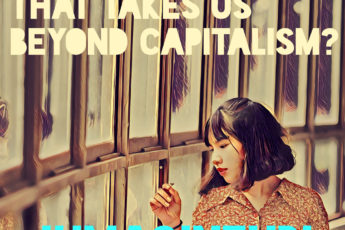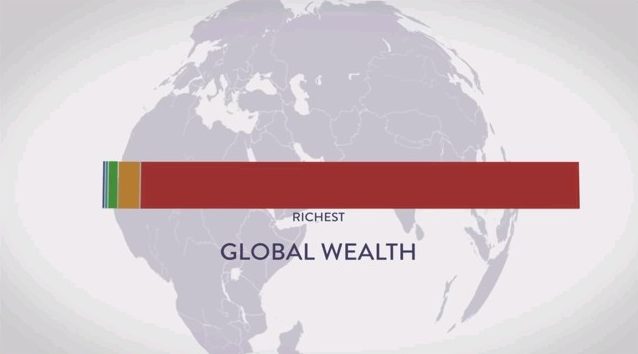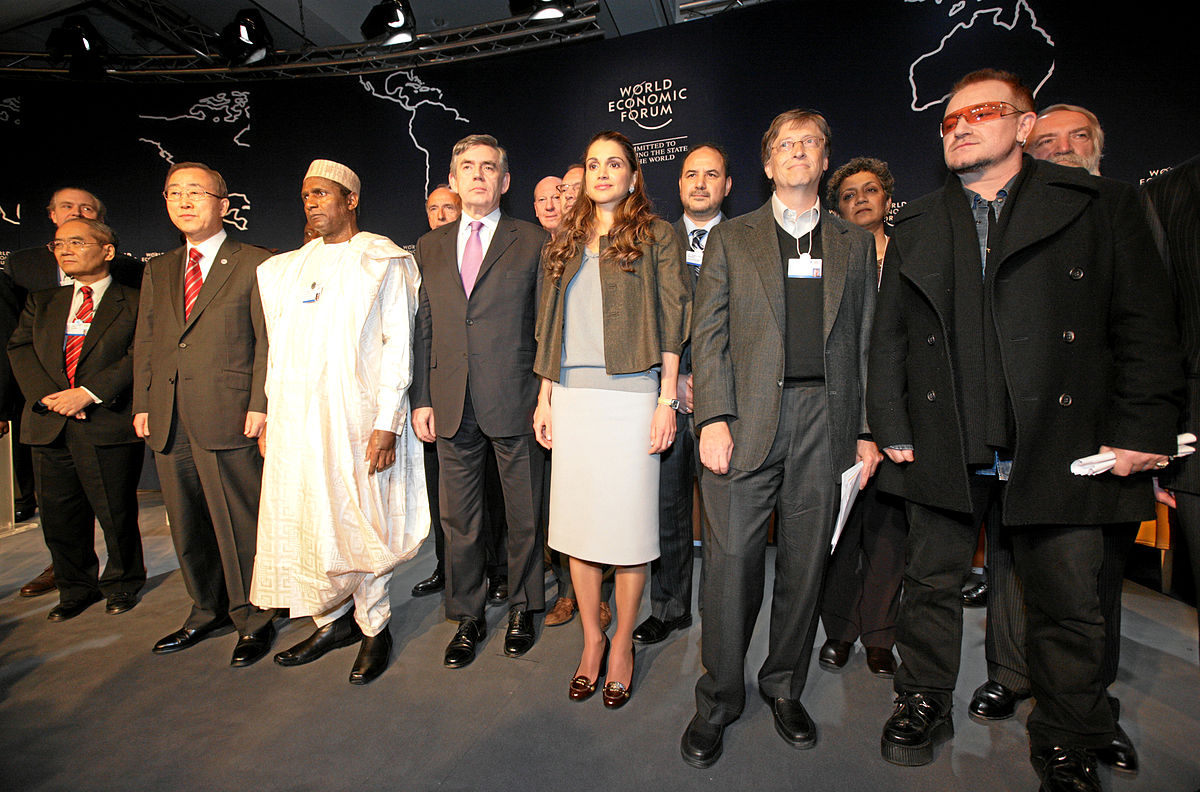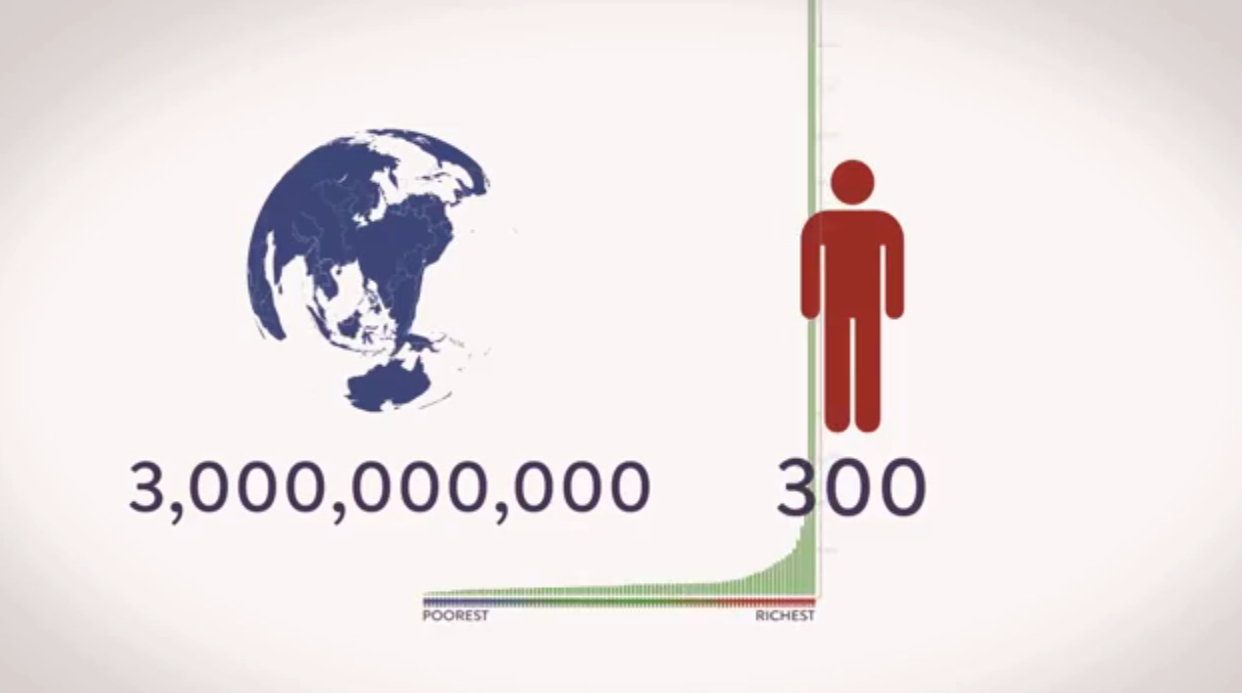by Brenda Berg
The beginning of the 20th Century saw a dramatic shift in the way that the modern world works. Globalisation spread at an unprecedented rate, as did advancements in technology and the way in which production and labour markets operate.
It’s safe to say that this shift hasn’t slowed down since, and has, in fact, sped up, with no signs of slowing down anytime soon. While all these changes have been taken over, elements of worker and employee relations have stagnated, especially when it comes to wages.
This has brought about a huge interest when it comes to what is known today as a basic income. The premise is simple. Every legal citizen of a country is given a universal basic wage, perhaps with a waiting list for legal migrants to a nation, so everybody has money to spend, and the economy can continue to circulate.
Why Would We Need a Universal Income?
The problem is simple. Since globalisation and production have taken off in pretty much every country around the world, more and more products and resources are being produced, yet less and fewer people are being employed for this process to be completed.
Consider how businesses are moving online to sell their products and services, cutting out hundreds of millions of jobs in the retail and high-street sectors. In the healthcare sector, new technologies and diagnostic applications are being implemented, making employees who are trained to carry out the same task redundant.
Even the rise of self-driving cars and lorries, which are already hitting the roads in certain parts of the world, with more being tested and licensed in major cities, will replace millions of driver-related jobs, including lorry delivery drivers and taxi companies.
In fact, in the US alone, it’s predicted that almost half of all current jobs will be lost over the next two decades.
Is This Going to Cause a Problem?
While the initial concept of losing millions and millions of jobs around the world, in all major economies, may seem like a dramatic idea with obvious negative impacts, most notably unemployment, there are some positives.
“Most importantly, with people not having to work so much, this will give them more free time to engage in the activities that they enjoy doing, whether that’s going on holiday, working on a personal project or spending time with their loved ones” shares Harvey Johnson, an economy expert at Academized.
However, this will result in a select and very small percentage of people working, the people who work for the big corporations and develop the technologies that make globalisation on this scale possible, and the people who want to buy the products themselves.
Of course, if people aren’t working, they’ll have no money to spend, and the entire framework in which this idea is built will crumble. This is where universal income comes into play.
Implementing a Universal Basic Income
While this may seem like a government or organisation is simply giving away money to people to do what they want with, the actual premise of a universal basic income isn’t as radical or extreme, as Paper Fellows states.
In fact, the idea of paying everybody a universal basic wage has already begun being implemented in a trial and testing stage in some countries and cities around the world. Most notably is Finland, a two-year experiment where everybody, including unemployed workers, is given an unconditional monthly sum.
“The wage, which equals around £475, will be given to every individual every month who is unemployed and falls between the ages of 25 and 58. 2,000 people were randomly selected for the rest, and all other existing social benefits were replaced by this system” explains Marcus Harper, a writer who covered the trial.
The aim of the trial was to see whether the country could cut red tape, reduce poverty and the existing rates of unemployment.
The results of the trial are pending since it has extended well into 2018, but the results are looking promising, although Australian Help rightly points out that an official report would be required to make a proper judgement.
The Problems of Trial
However, the results of these trial periods do not mean that they will represent the effectiveness of the universal basic income system for several reasons. Firstly, the idea of this income relies on the fact that everybody receives this basic income, not just a select demographic or community.
A researcher, Janet Duncan, working in partnership with State of Writing, shares, “If the trial guidelines were implemented on a mass scale, one problem we may find is that friends and relatives of somebody who is receiving the income may ask for a share, meaning the results are not as intended”.
Moving Forward
This idea of a universal basic income could work.
If low-income individuals are given this basic wage, all benefits related to job seeking would be removed. This removes the attitude of people not wanting to work because they can simply claim the benefits.
On the other hand, workers will not feel discouraged to work because, regardless of how much they earn, they will still be receiving their universal basic income on top of it. The idea that this can reduce poverty traps and unemployment rates is exciting, but only time will tell as to whether it will be implemented on a national scale.









I’m a bit disappointed to see that a movement ‘with a cause’ gets captured by a Neo-Marxist agenda. Basic income will never work, I think 70 years of communism has proven this. However I do agree with the movement that the rules of ‘capitalism’ or the way we govern and trade should be changed, to make a transition to a sustainable future possible. It is important to see in this matter that sustainability is not just an issue of the political ‘left’ part, leaving the, trying to stop the political ‘right’ oriented people stop spoiling the environment. The unions in the Western countries helped to improve the workers wages. So they are able to drive a car and to fly to Turkey for holidays. Good for them, but not so good for the environment. What we need is a sustainable completion of welfare. Eco tax (and simultaneously lowering the tax on labor) will have to play an important role in this, while the costs of spoiling the environment are still not paid. The Dutch economist Roefie Hueting has written lots of articles about these principles.
Outdoor Limited in High Point, is a family operated ammo store. Outdoor Limited is a cheap ammo superstore to fulfill all your ammo needs. Fast, safe & secure shipping services! Every item listed in stock on our website is on hand at our warehouse. No third party drop shipping and no backorders!
Hello,
By examining the foremost upheavals of the 21st century, wealth inequality and climate change, plus social class conflicts resulting from the paradigm shift, my conviction is that we are in dire need of a morales nuvem consensus, away from the Victorians’ mindset, which will herald new social, commerce, intermerce and political covenants that will enable us to successfully traverse the 21st century and beyond.
On the contact page, you’ll discover a data email address which is perfect for asking pre-deals inquiries just as a telephone number for making post-deals questions. There even an input email structure for less pressing inquiries and a live visit include on each page of the site where you can address both a pre-and post-deals specialist…?.assignment helps helps
Adequate piece of article. To write down the article in a professional way don’t hesitate to contact PenMyPaper.